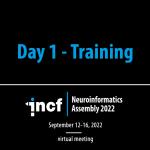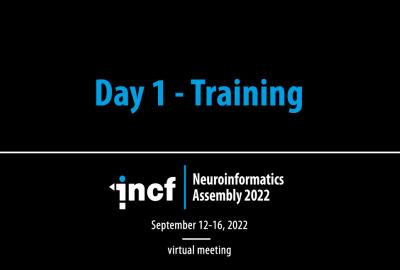The importance of Research Data Management in the conduct of open and reproducible science is better understood and technically supported than ever, and many of the underlying principles apply as much to everyday activities of a single researcher as to large-scale, multi-center open data sharing.
Data Management, Repositories, & Search Engines
The Open Science Framework (OSF) provides avenues for researchers to design a study, as well as collect, analyze, and store data, manage collaborators, and publish research materials. In this webinar, attendees will learn about the many features of the OSF and develop strategies for using the tool within the context of their own research projects. The discussion will be framed around how to best utilize the OSF while also implementing data management and open science best practices.
This session discussed the secret life of your dataset metadata: the ways in which, for many years to come, it will work non-stop to foster the visibility, reach, and impact of your work. We explored how metadata will help your dataset travel through the global research infrastructure, and how data repositories and discovery services can use this metadata to help launch your dataset into the world.
This lesson provides a short overview of the main features of the Canadian Open Neuroscience Platform (CONP) Portal, a web interface that facilitates open science for the neuroscience community by simplifying global access to and sharing of datasets and tools. The Portal internalizes the typical cycle of a research project, beginning with data acquisition, followed by data processing with published tools, and ultimately the publication of results with a link to the original dataset.
This lesson provides a quick tour of some data repositories and how to download and manipulate data from them.











